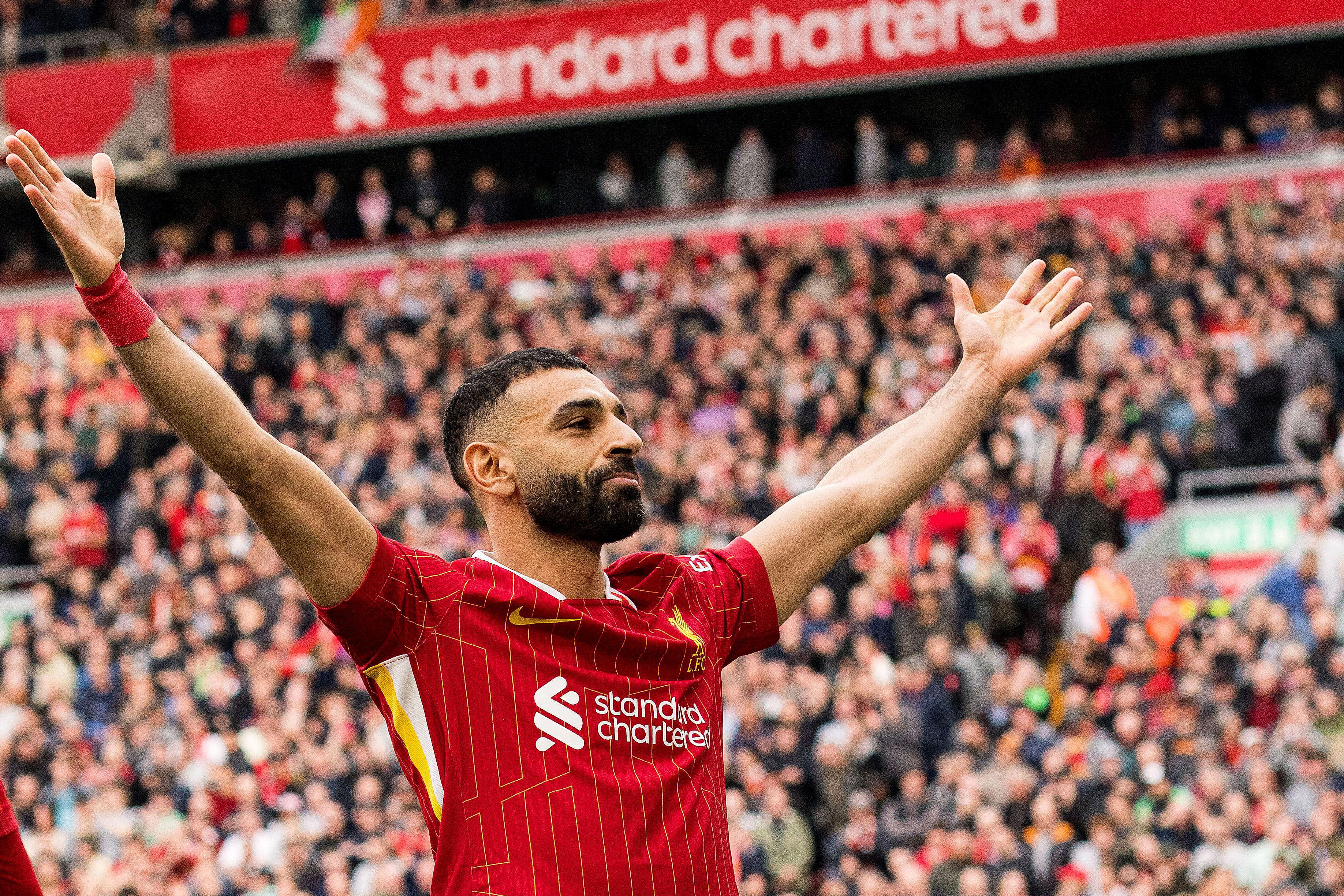Stadiums that hosted Champions League finals
A look at the stadiums chosen to host European Cup or Champions League finals and the teams crowned in those games...
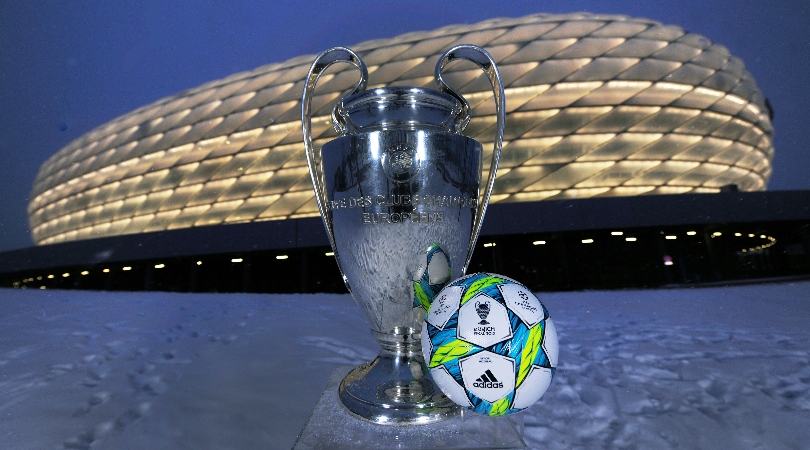
The Champions League final is the biggest fixture in European football's club calendar.
Ahead of each edition of the continental competition, a venue is selected for the match and the road to that city begins.
To be eligible to host a Champions League final, a ground has to be considered a Category 4 stadium under UEFA's Stadium Infrastructure Regulations. In the past, however, there were no such strict rules.
Here, a look at some of the stadiums which have hosted Champions League or European Cup finals and which teams were winners in those matches...
16. Metropolitano Stadium
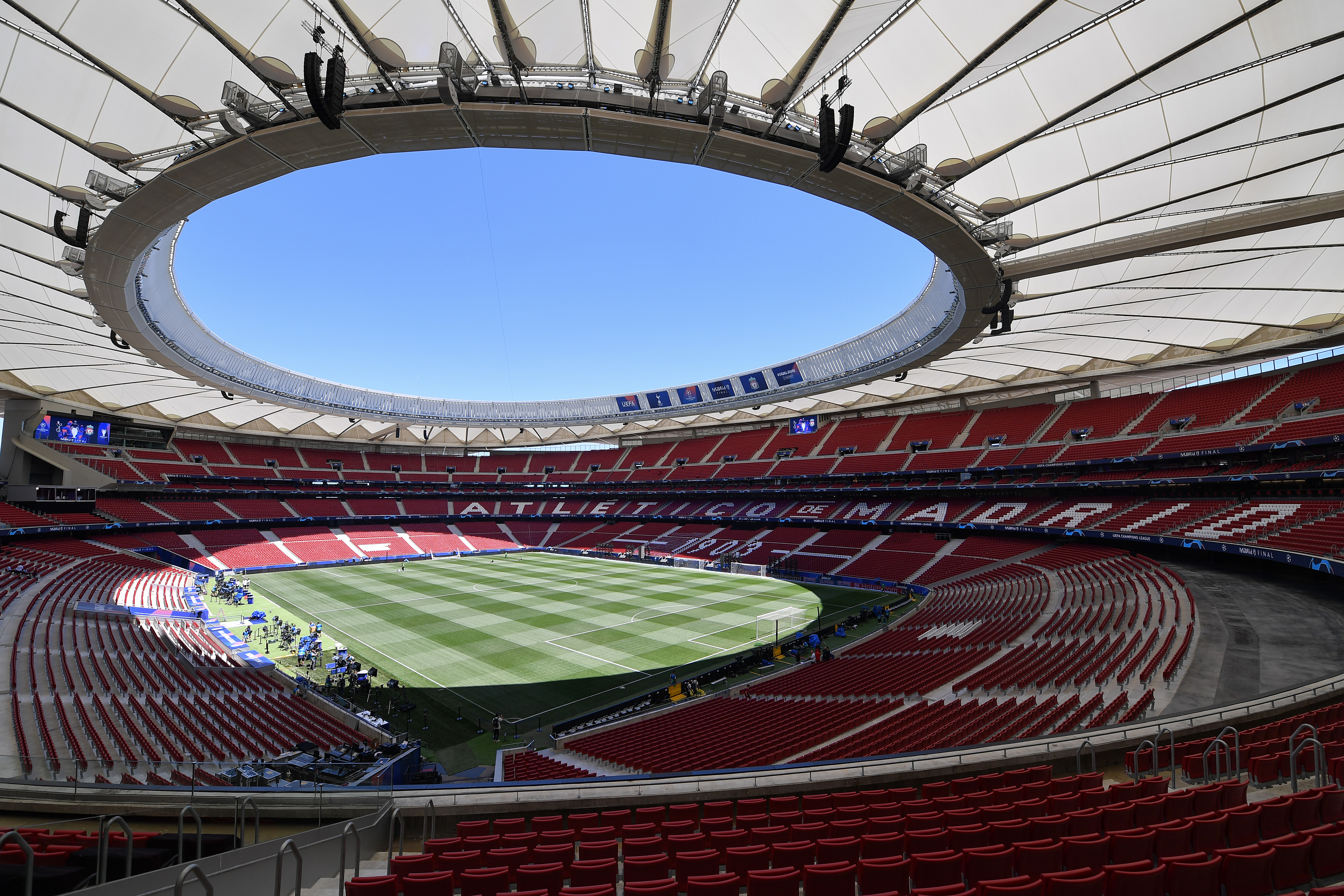
Atlético Madrid moved into their new Metropolitano Stadium in 2017 and two years later, the ground hosted the final of the Champions League.
In an all-English affair, Liverpool beat Tottenham 2-0 in the Spanish capital to take home the trophy for a sixth time.
15. Estádio do Dragão
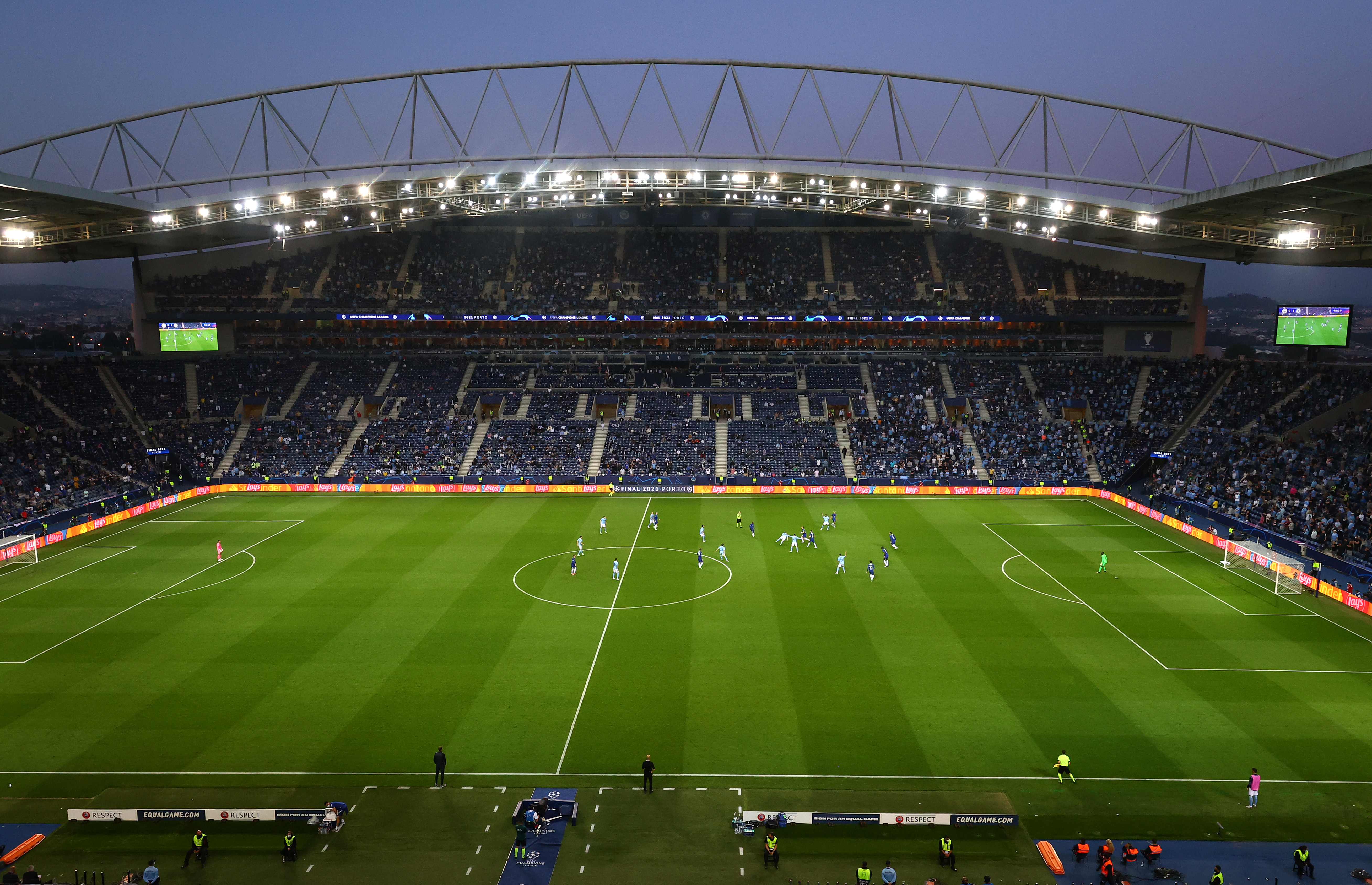
Due to the Covid-19 pandemic, the 2021 Champions League final was played in front of a reduced crowd of just 14,110 fans at Porto's Estádio do Dragão.
Get FourFourTwo Newsletter
The best features, fun and footballing quizzes, straight to your inbox every week.
In it, Thomas Tuchel's Chelsea edged out Pep Guardiola's Manchester City by a single goal scored by Kai Havertz after 42 minutes as the Blues won the trophy for a second time.
14. Stadio Olimpico
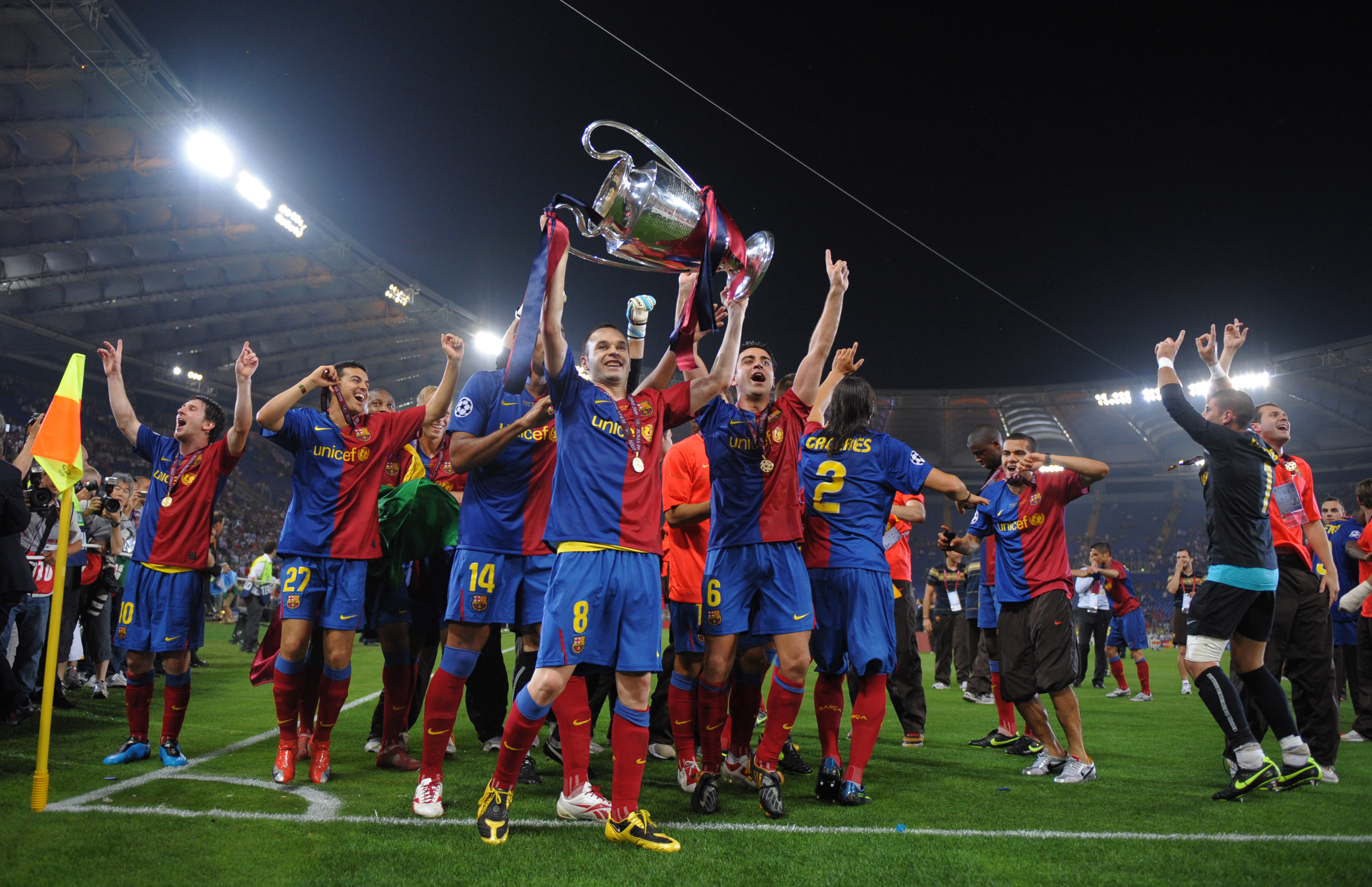
Rome's Stadio Olimpico hosted the 1990 World Cup final and has been the venue for four European Cup finals – in 1977, 1984, 1996 and 2009.
Liverpool won the first two of those, beating Borussia Mönchengladbach 3-1 in 1977 and home side Roma on penalties in 1984. In 1996, Juventus won in a shootout against Ajax and in 2009, Barcelona beat Manchester United 2-0 to complete a treble after winning La Liga and the Copa del Rey.
13. Heysel Stadium
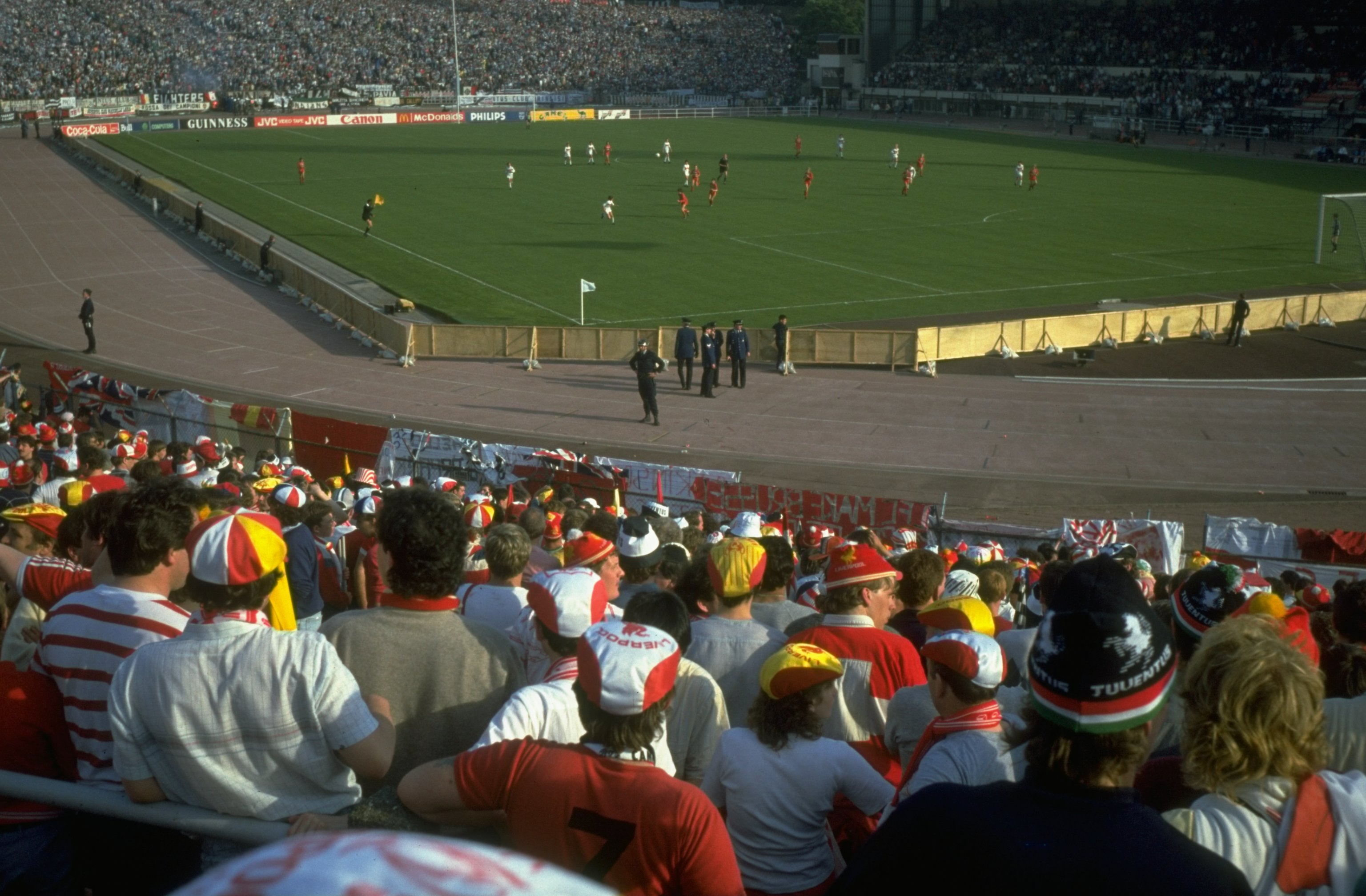
The Heysel Stadium in Brussels hosted four European Cup finals – in 1958, 1966, 1974 and 1985.
It was the scene of Real Madrid's third and sixth triumphs in the continental competition and hosted the final and replay as Bayern Munich beat Atlético Madrid in 1974. But it is best known for the tragedy of 1985, when 39 fans lost their lives due to crowd chaos as a stadium wall collapsed. In the match itself, Juventus beat Liverpool 1-0.
12. Olympic Stadium of Athens
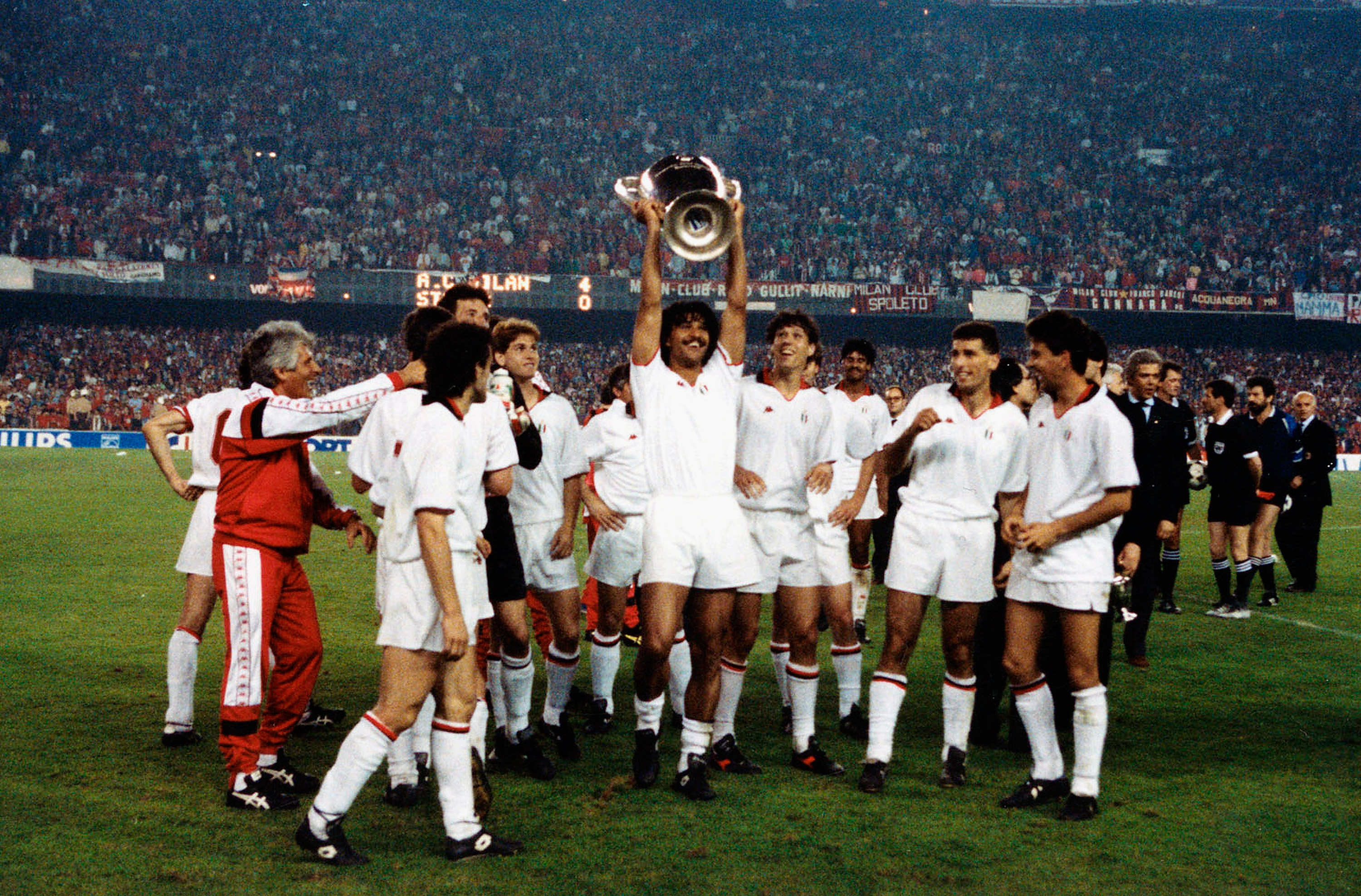
The Olympic Stadium in Athens was the venue for the 1983 European Cup final and again for the 1994 Champions League showpiece.
Hamburg edged out Juventus to win the 1983 edition and 11 years later, AC Milan stunned Barcelona with a 4-0 win over the Blaugrana in the Greek capital.
11. De Kuip
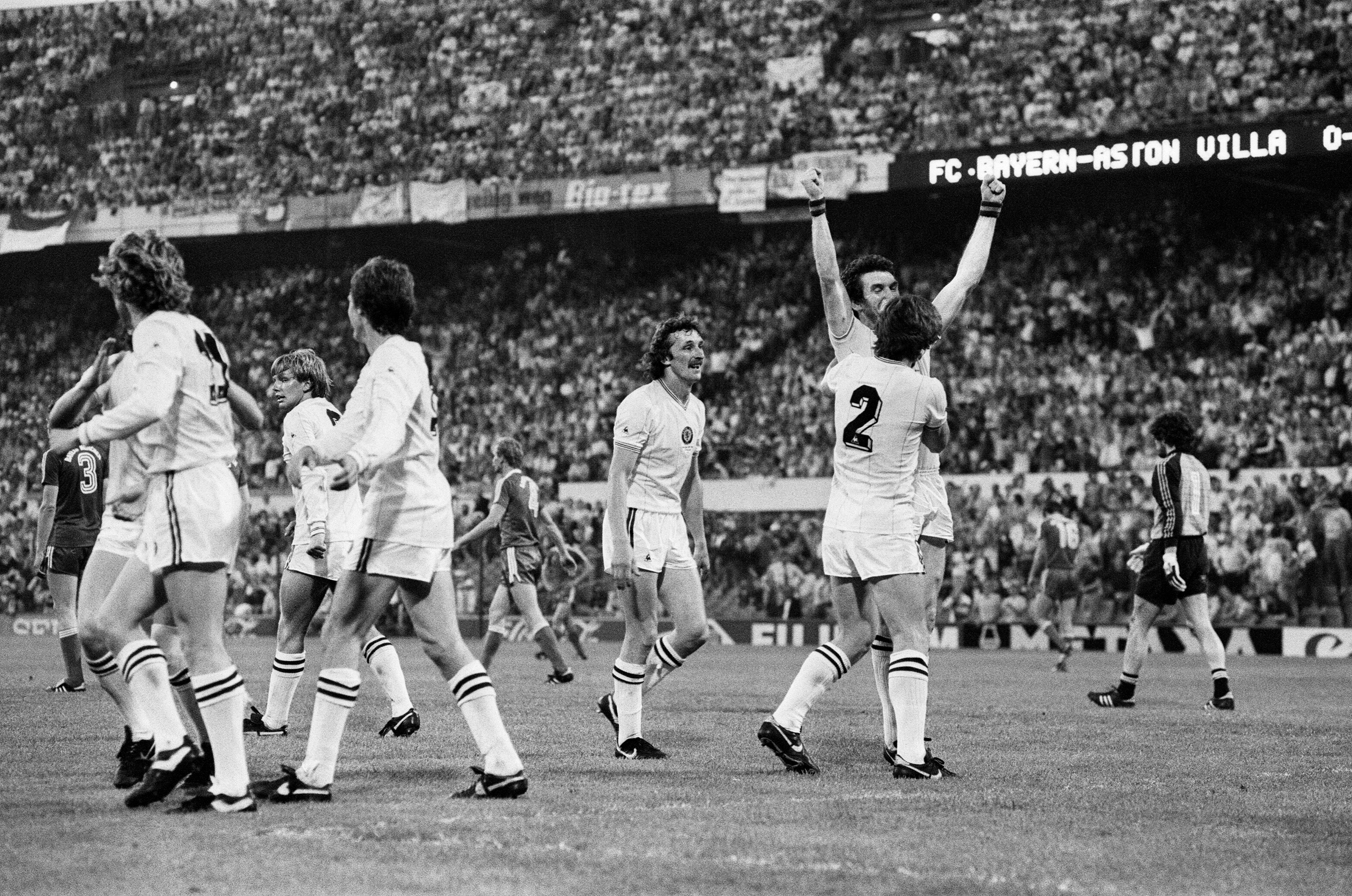
Feyenoord's De Kuip stadium was regularly used for major European finals between the 1960s and the early 2000s.
The Rotterdam venue has hosted two European Cup finals: Ajax's 2-0 win over Inter in 1972 and Aston Villa's 1-0 victory against Bayern Munich in 1982.
10. Allianz Arena

Built ahead of the 2006 World Cup and home to Bayern Munich since 2005, the Allianz Arena is one of Europe's most spectacular stadiums.
In the first Champions League final at the ground, Bayern lost on penalties to Chelsea after a 1-1 draw. The Allianz Arena is also the venue for the 2025 final.
9. Atatürk Olympic Stadium

Manchester City and Liverpool have developed a rivalry in recent years, but both sets of fans will have happy memories of Istanbul's Atatürk Olympic Stadium.
The ground was the scene of Liverpool's epic comeback against AC Milan from 3-0 down to win the 2005 Champions League final and also for City's first-ever win in the competition as Pep Guardiola's side beat Inter 1-0 to claim the treble in the 2023 showpiece.
8. Estádio da Luz
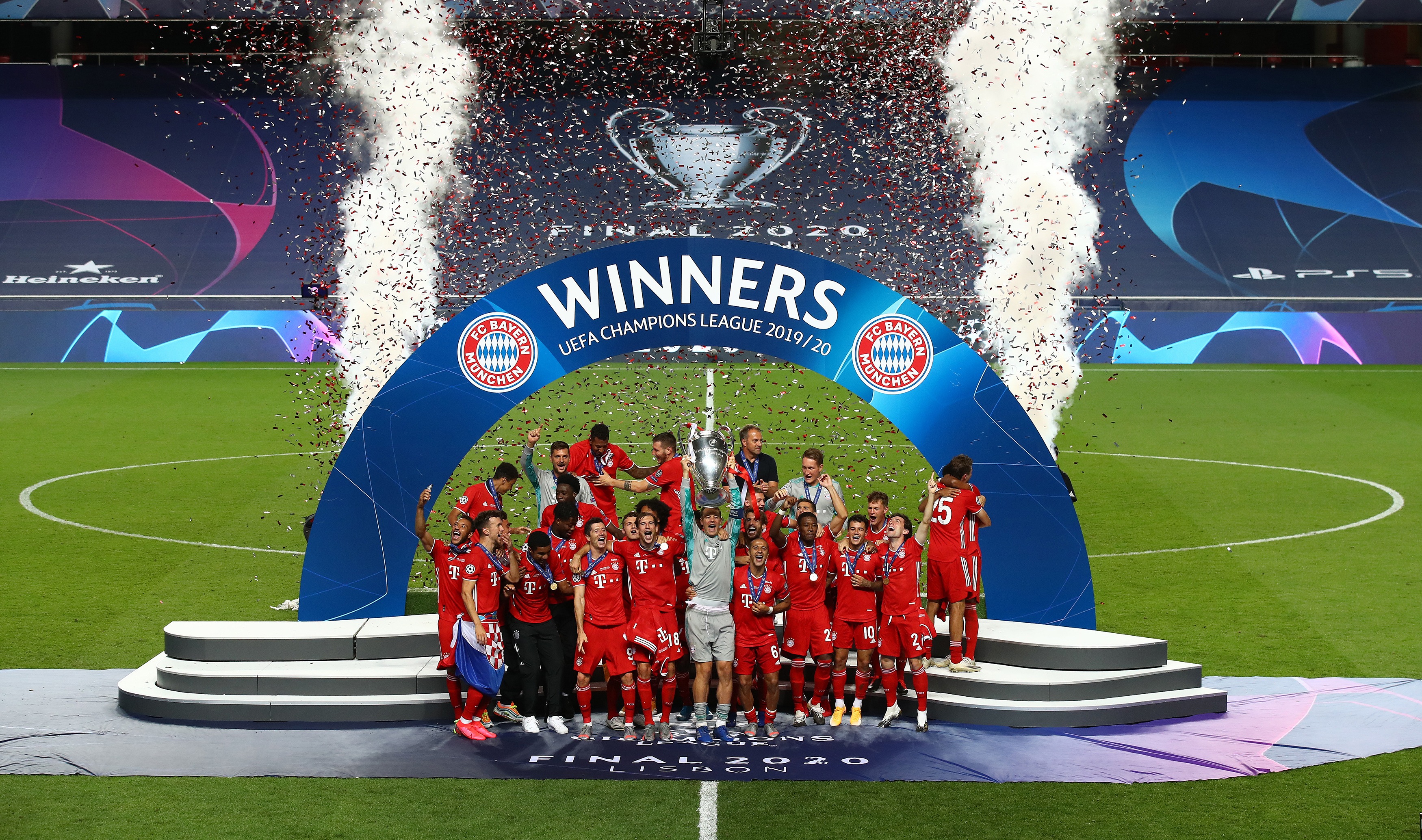
Benfica's Estádio da Luz was rebuilt ahead of Euro 2004 and the stadium has since hosted two Champions League finals.
Real Madrid beat Atlético 4-1 after extra time in the 2014 final to win their 10th European Cup, La Décima, while Bayern Munich edged out Paris Saint-Germain in the 2020 showpiece in an empty area due to the Covid-19 pandemic. In 1967, Celtic beat Inter 2-1 at Lisbon's Estádio Nacional.
7. Camp Nou
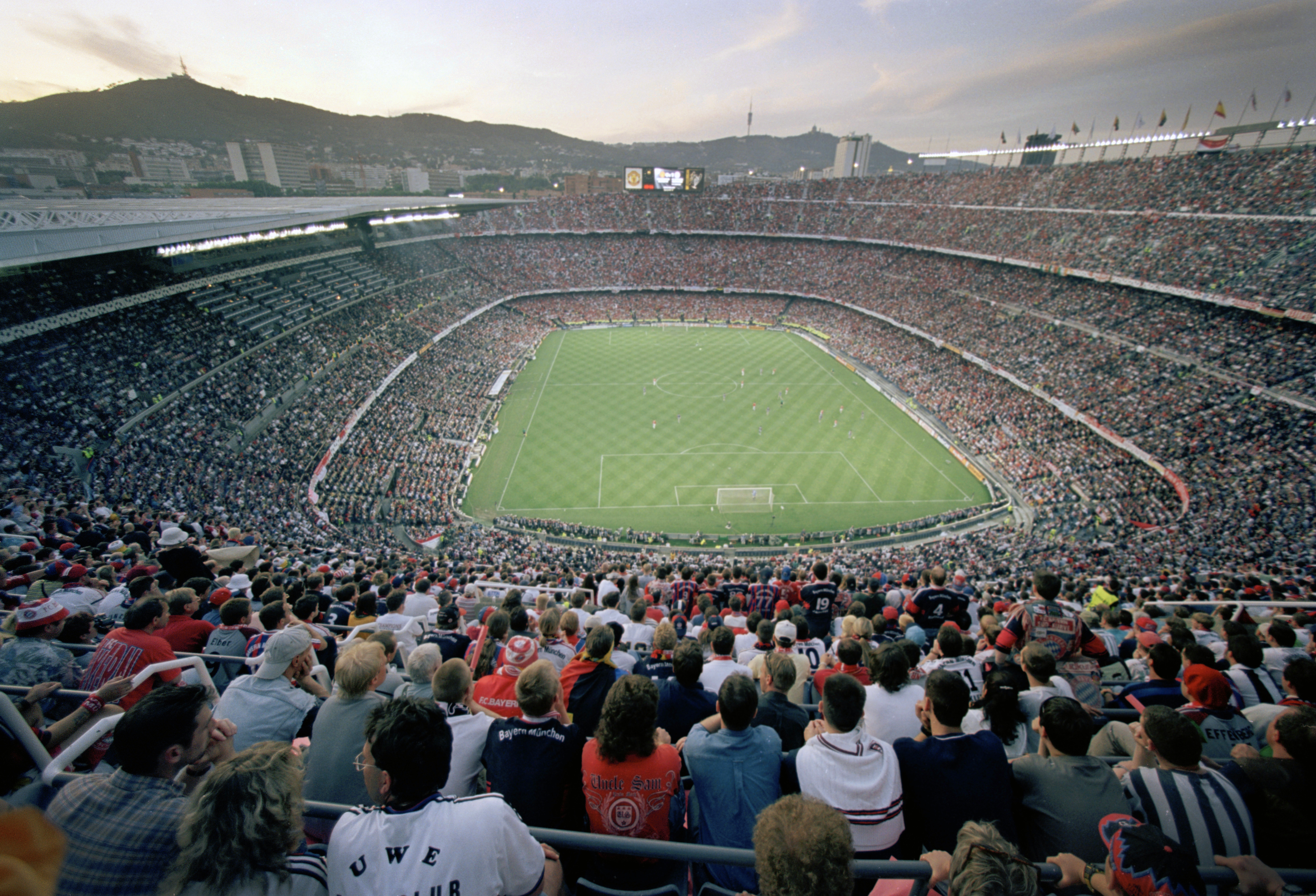
Barcelona's Camp Nou stadium was the biggest in Europe ahead of its renovation, which a capacity of almost 100,000.
The famous ground hosted the 1989 final, in which AC Milan beat Steaua Bucharest 4-0, and was the scene for Manchester United's memorable comeback against Bayern Munich a decade later.
6. Hampden Park
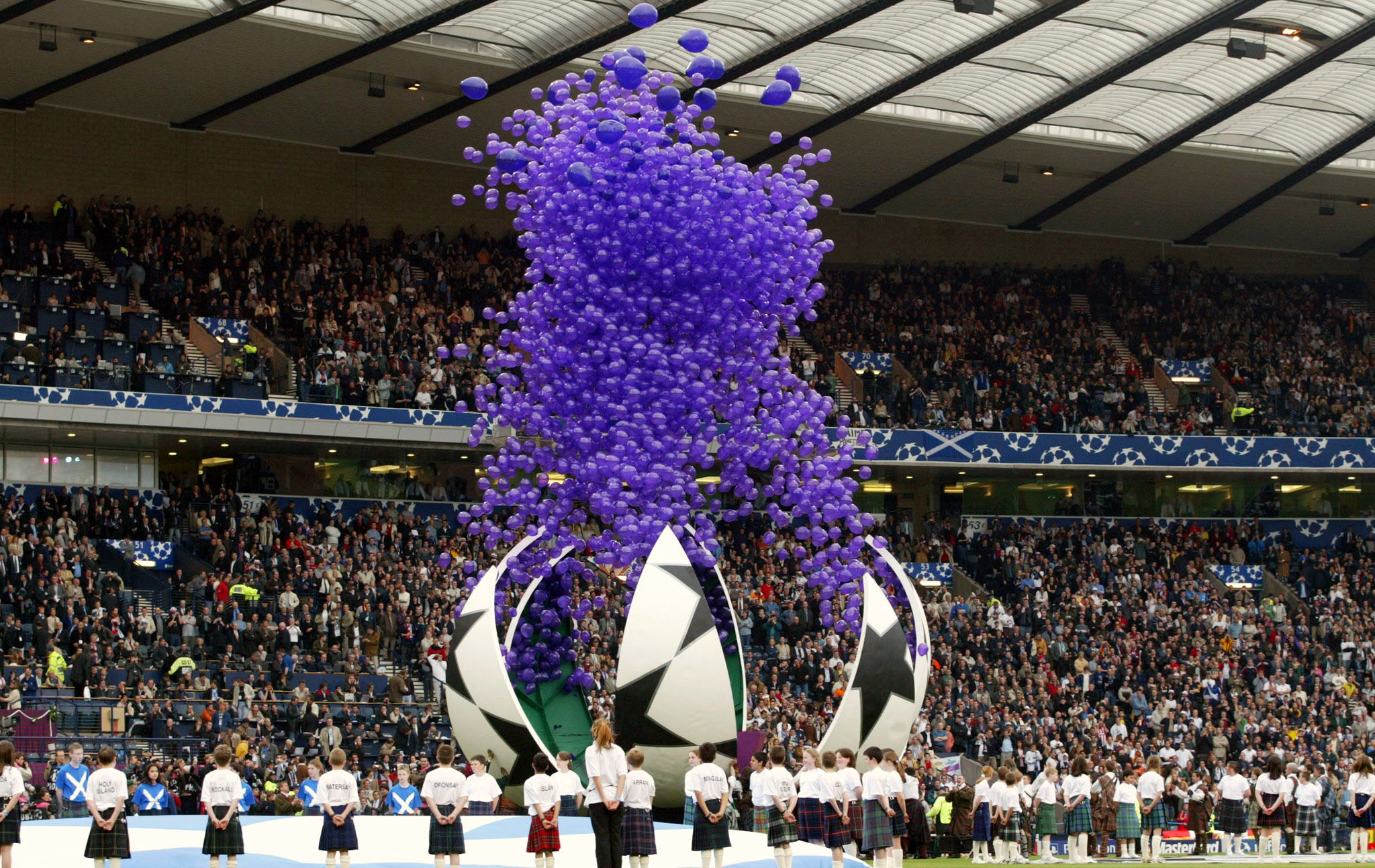
Hampden Park has hosted three European Cup finals and two of those form part of Real Madrid's folklore in the continental competition.
Madrid thrashed EIntracht Frankfurt 7-3 in the 1960 final in Glasgow, with both Ferenc Puskás and Alfredo Di Stéfano scoring hat-tricks, and beat Bayer Leverkusen 2-1 in a match remembered for Zinédine Zidane's brilliant volley in 2002. In the other final at Hampden, Bayern Munich defeated Saint-Étienne 1-0 in 1976 to claim the trophy for a third season in a row.
5. Parc des Princes
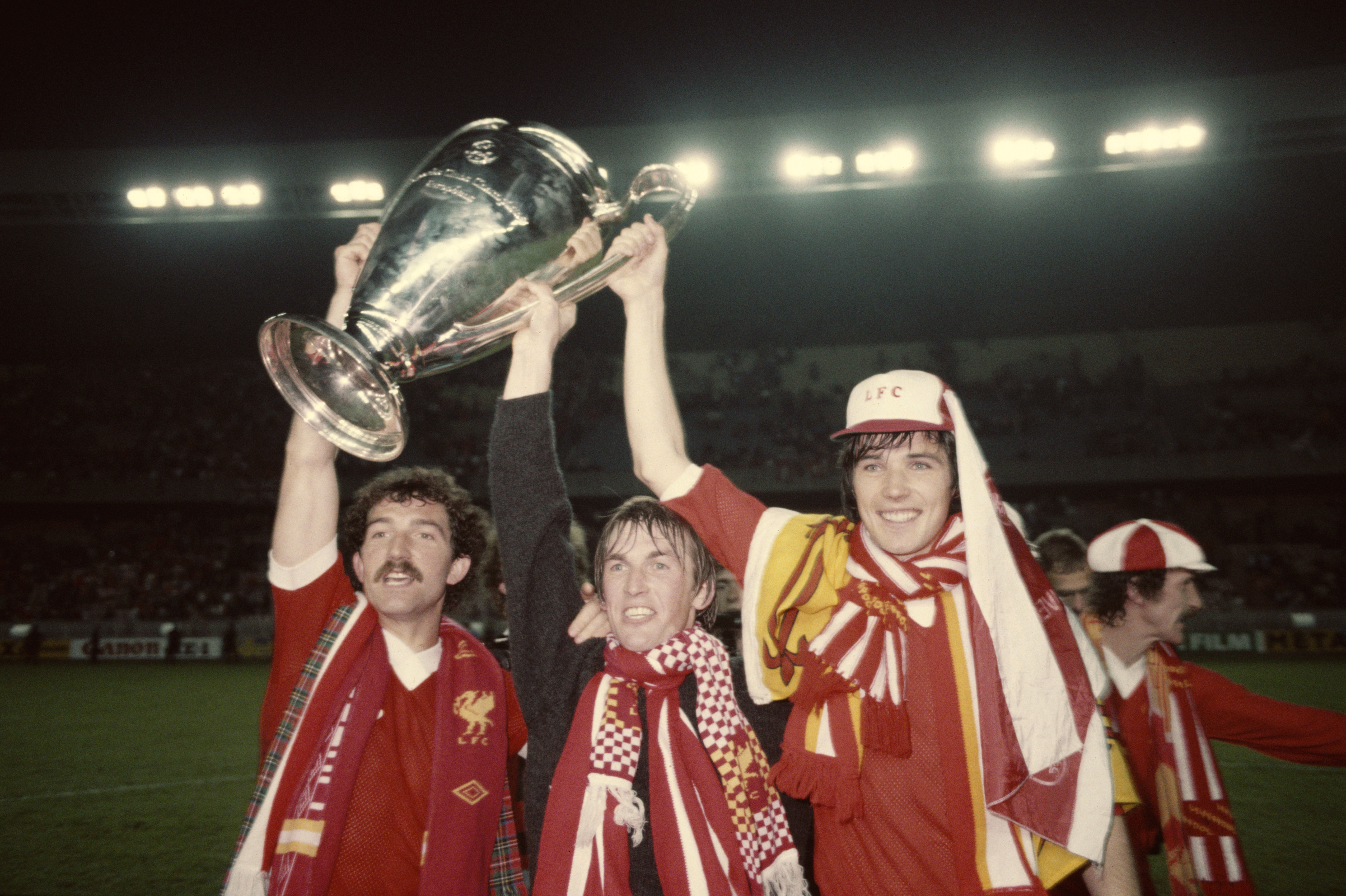
The Parc des Princes in Paris was the venue for the first-ever European Cup final as Real Madrid beat Stade de Reims 3-2 in the French capital in May 1956.
Paris Saint-Germain's famous home went on to host two more finals, with Bayern Munich 2-0 winners against Leeds United in 1975 and Liverpool beating Real Madrid 1-0 six years later. With the larger and more modern Stade de France built in the late 1990s, the Parc des Princes is unlikely to be used again for a major European final any time soon.
4. Stade de France
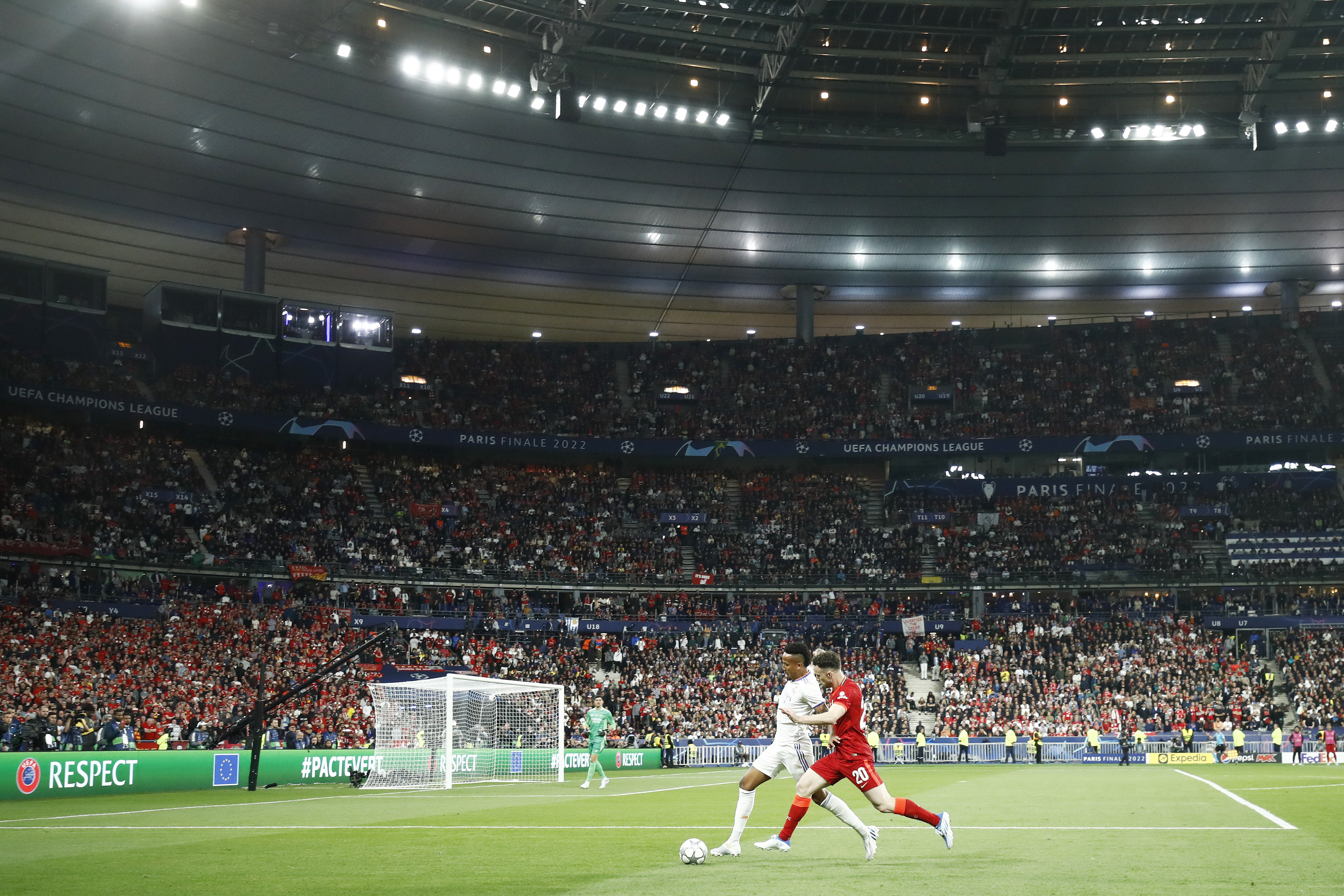
The Stade de France was built for the 1998 World Cup and the venue has already hosted three Champions League finals – in 2000, 2006 and 2022.
Real Madrid thrashed Valencia 3-0 in the 2000 final in Paris, with Barcelona 2-1 winners over Arsenal six years later. And in 2022, Los Blancos won it again, beating Liverpool 1-0 in a match overshadowed by chaos and issues with crowd control before kick-off which saw the start delayed by over half an hour.
3. San Siro
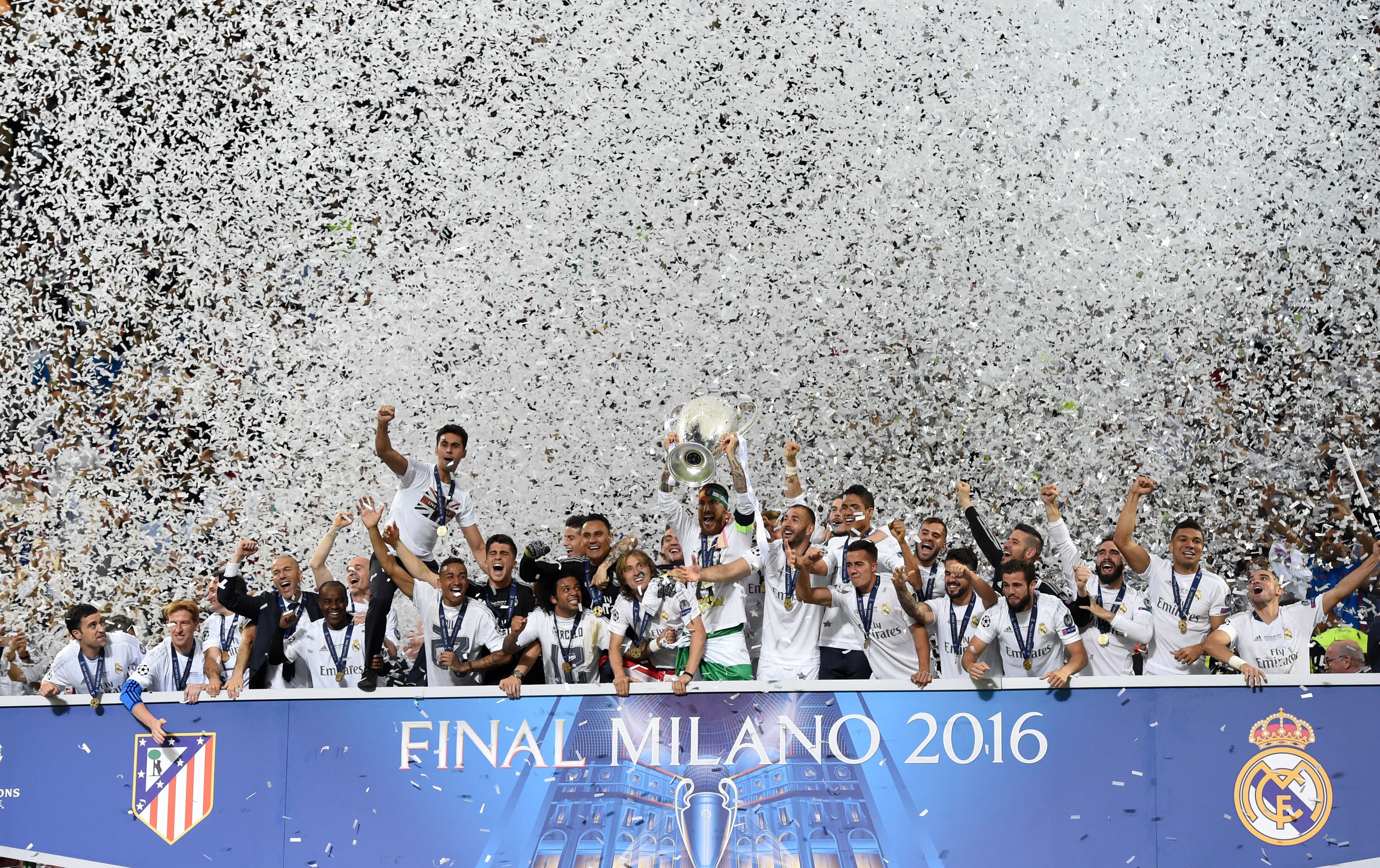
Milan's San Siro is one of the world's most iconic stadiums and the ground has hosted four European Cup finals.
In the first of those, Inter had home advantage and beat Benfica 1-0 in the 1965 showpiece. Five years later, Feyenoord overcame Celtic 2-1 after extra time in the 1970 final. The San Siro then had to wait over three decades for another European Cup final and in it, Bayern Munich beat Valencia on penalties after a 1-1 draw in 2001. And 15 years later, Real Madrid edged out city rivals Atlético in another shootout – also after a 1-1 draw.
2. Santiago Bernabéu
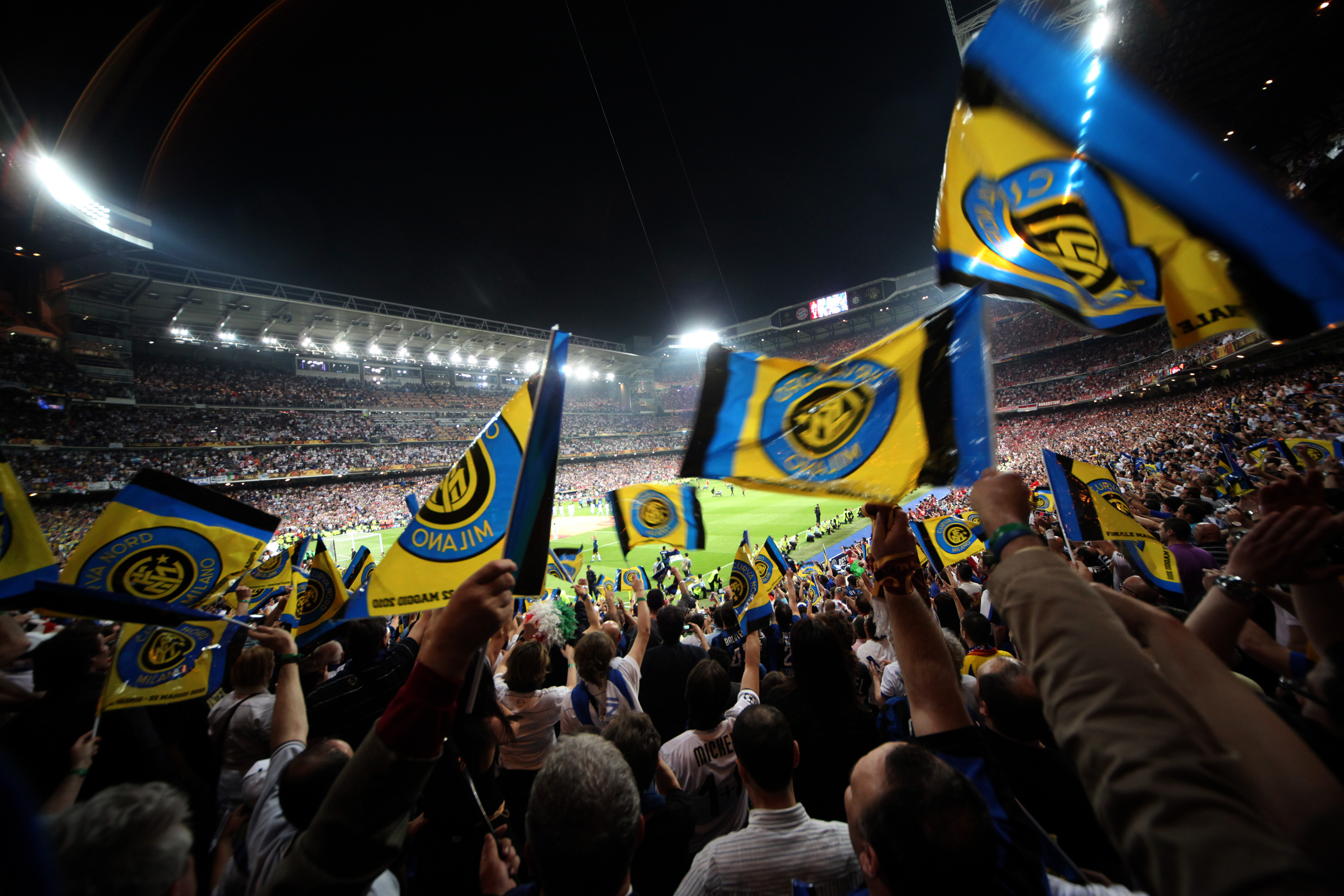
Real Madrid's Santiago Bernabéu stadium has hosted four European Cup finals – in 1957, 1969, 1980 and 2010.
Madrid won the 1957 final at home in front of more than 100,000 fans, beating Fiorentina 2-0. AC Milan thrashed Ajax 4-1 in the 1969 edition, with Nottingham Forest retaining their trophy with a 1-0 win over Hamburg in the 1980 showpiece. In 2010, José Mourinho's Inter beat Bayern Munich 2-0 to win the Champions League – and the treble – before a move to Madrid for the Portuguese that summer.
1. Wembley Stadium
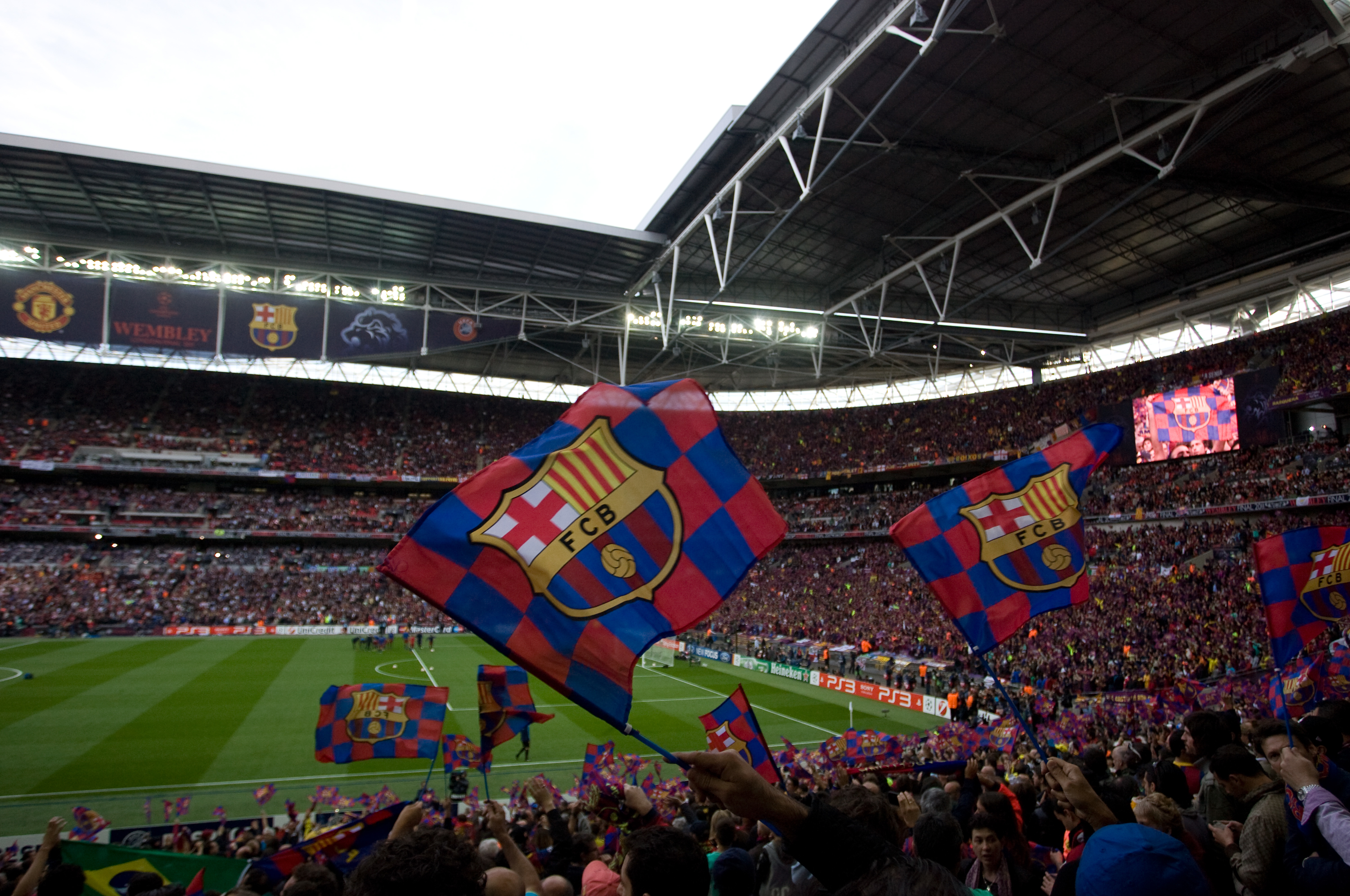
The old Wembley Stadium hosted five finals in the European Cup: AC Milan's 2-1 win over Benfica in 1963; Manchester United's 4-1 victory vs the Lisbon club in 1968; a 2-0 success for Ajax against Panathinaikos in 1971; Liverpool's 1-0 defeat of Club Brugge in 1978; and Barcelona's beating of Sampdoria by the same scoreline in 1992.
Barcelona won the trophy again at the new Wembley in 2011 with a 3-1 win over Manchester United. Two years later, Bayern Munich edged out Borussia Dortmund in the 2013 final to complete a treble at England's national stadium and in 2024, Real Madrid beat BVB 2-1 in London to win the European Cup for a 15th time.
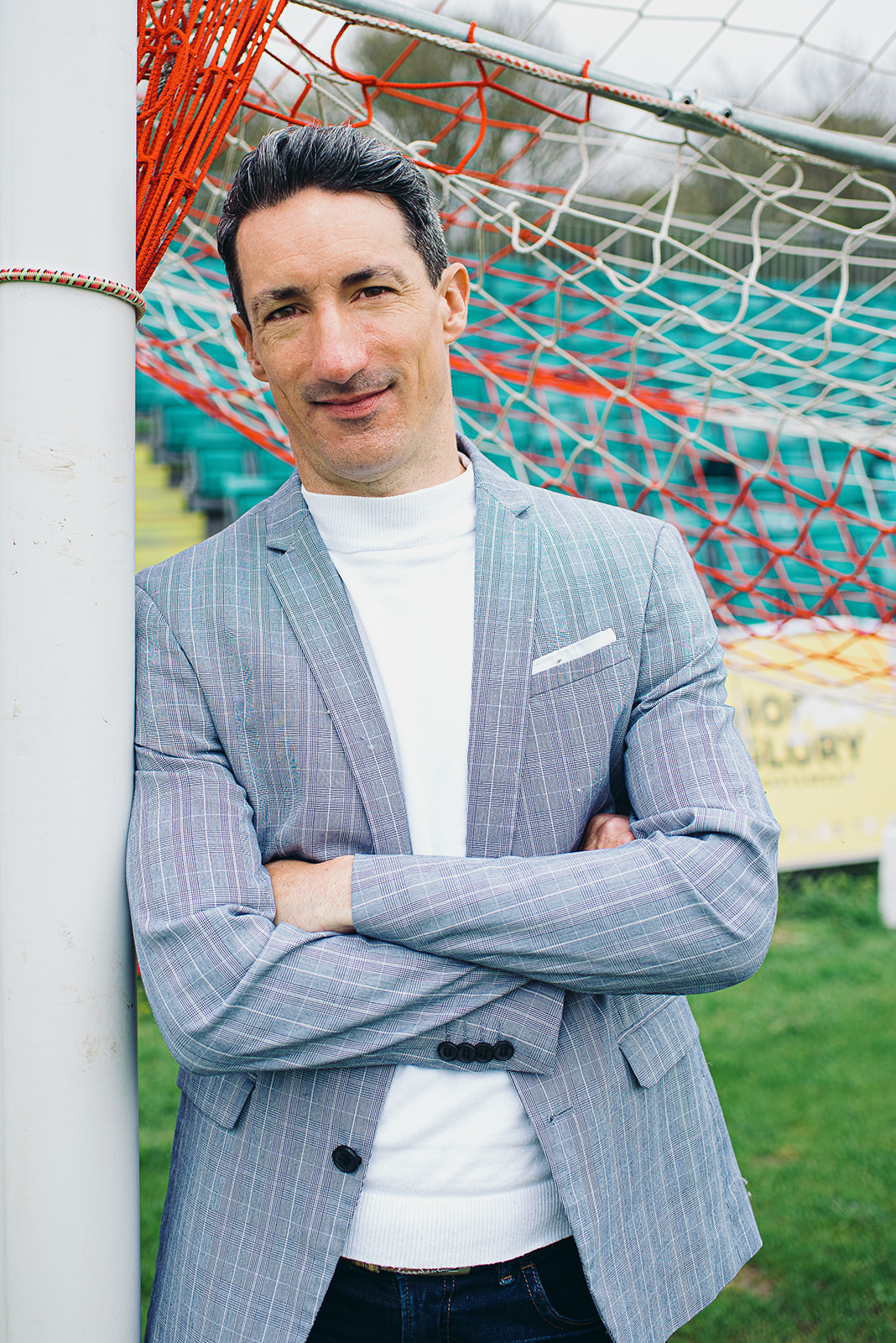
Ben Hayward is a European football writer and Tottenham Hotspur fan with over 15 years’ experience, he has covered games all over the world - including three World Cups, several Champions League finals, Euros, Copa America - and has spent much of that time in Spain. Ben speaks English and Spanish, currently dividing his time between Barcelona and London, covering all the big talking points of the weekend on FFT: he’s also written several list features and interviewed Guglielmo Vicario for the magazine.
